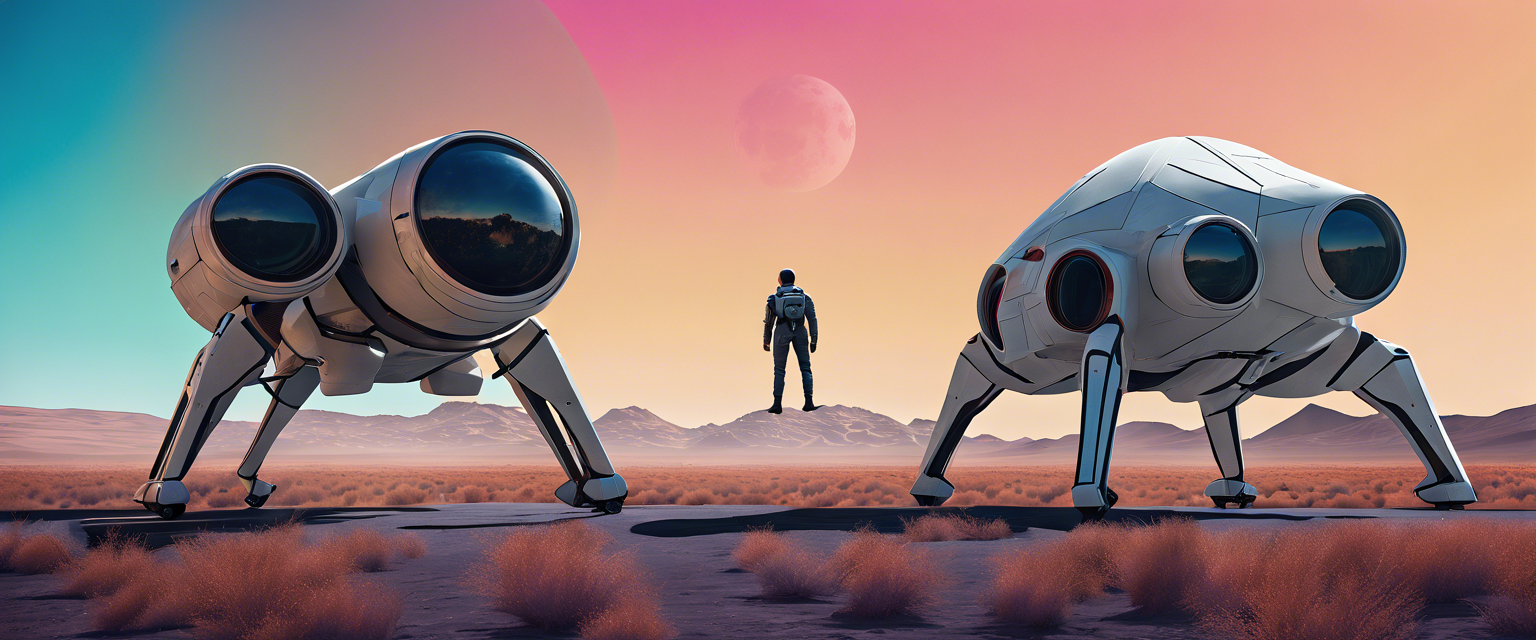Microsoft and OpenAI: A Diverging Path?
Recent reports from Odaily suggest that Microsoft and OpenAI's collaboration may be facing some turbulence. While the partnership has been integral in the evolution of AI technology, recent developments point towards a potential shift in Microsoft's approach to its product offerings, particularly in its flagship tool, Copilot.
The Current State of Collaboration
Microsoft has been using OpenAI's models to enhance its productivity tools, including the widely recognized Copilot. This AI-driven feature is designed to assist users in various tasks, from drafting emails to generating code snippets. However, the dynamics of this partnership are under scrutiny, with Microsoft reportedly considering alternatives to replace some of the OpenAI models.
Why is Microsoft Considering a Change?
The decision to explore other options may stem from several factors, including:
- Performance Issues: There might be concerns regarding the efficiency and effectiveness of the OpenAI models in real-world applications.
- Cost-Effectiveness: Developing proprietary models could potentially reduce long-term costs associated with licensing third-party technology.
- Strategic Directions: Microsoft's vision for AI integration may diverge from OpenAI's immediate goals, leading to a reevaluation of their alliance.
Implications for Users
If Microsoft decides to move away from OpenAI's model, users might experience:
- New Features: Proprietary models could lead to customized features that better suit Microsoft's user base.
- Performance Improvements: Adjustments and optimizations tailored specifically for Microsoft products may enhance user experience.
- Transition Challenges: Switching models might come with initial hiccups, affecting users temporarily during the transition phase.
Looking Ahead
As Microsoft evaluates its options, the tech community is keenly observing these developments. The future of AI in Microsoft's products hinges on how they navigate this potential split with OpenAI. Should they implement a new model, it will be crucial for Microsoft to ensure that any changes align with user needs and expectations.
Conclusion
The collaboration between Microsoft and OpenAI has undeniably played a transformative role in advancing AI technology. However, as market demands evolve, so too must the partnerships and models that drive innovation. Only time will tell what this means for the future of Copilot and Microsoft's broader AI strategy.



コメントを書く
全てのコメントは、掲載前にモデレートされます
このサイトはhCaptchaによって保護されており、hCaptchaプライバシーポリシーおよび利用規約が適用されます。